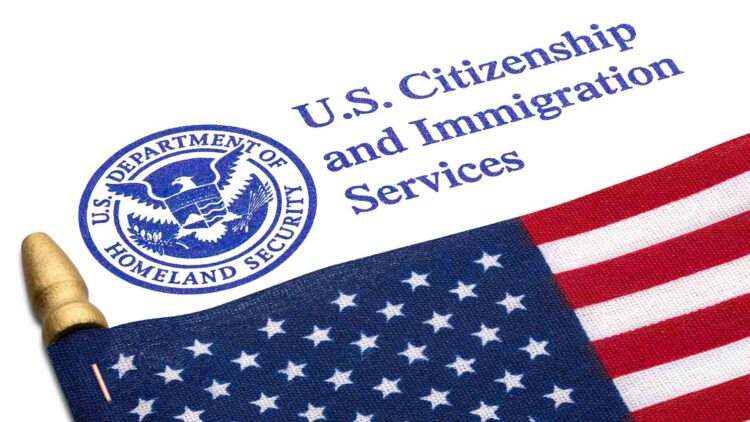Donald Trump continues announcing controversial measures to “protect the country” and this time it is a new travel and immigration ban that would prevent people from a dozen country to enter the US. He has stated that this move is necessary to protect the American people against “foreign terrorists” and other security threats, and it will start just after midnight on June 9.
This is not the first time Trump has taken this kind of action, and the new ban is broad enough that it includes both full and partial restrictions depending on the country, and leaves room for more nations to be added in the future. The first ban occurred during his first term and targeted several majority-Muslim countries. He faced intense backlash and legal battles because of this ban, but it eventually got a green light from the Supreme Court and the process is expected to repeat this time around.
The new controversial travel and immigration ban that Donald Trump is implementing, effects on both the foreign countries and the US
The full ban blocks entry to nationals from 12 countries: Afghanistan, Myanmar, Chad, Republic of the Congo, Equatorial Guinea, Eritrea, Haiti, Iran, Libya, Somalia, Sudan, and Yemen. Another seven countries are under a partial ban: Burundi, Cuba, Laos, Sierra Leone, Togo, Turkmenistan, and Venezuela. For now there is a small reprieve, as those who have a visa and is in the US before June 9 will have their status honored, however, if someone from one of these countries is outside the U.S. as of June 9 or is in the process of renewing their visa, they will not be allowed back in and the process will stop if they are not doing the process from within the country.
According to data from the U.S. State Department, from October 2023 to September 2024, more than 60,000 permanent visas were given to people from the countries now facing a full ban and nearly two-thirds of those, about 39,000, went to Afghan nationals, mostly to those who were employed by or worked with the U.S. government during the war in Afghanistan. People in this category will not be affected by the ban for now.
As per usual, there are a few exceptions that will apply to the countries reflected in both lists, which has already caused some controversies. These exceptions are:
– Athletes attending international sporting events like the 2026 World Cup or 2028 Olympics are allowed in, although we have seen before some athletes having a lot of issues obtaining visas and not being able to participate, so we will have to wait and see what truly happens when the time comes.
– Diplomats with valid non-immigrant visas
– People adopted by U.S. citizens
– Immediate family of U.S. citizens or residents who already have immigrant visas
– Afghan nationals with special immigrant visas
– Iranian minorities fleeing religious or ethnic persecution
– Dual nationals who also hold citizenship in a country not on the ban list
Trump’s reasoning behind the ban, which he emphasized in a video online referencing a recent attack in Colorado where eight people were injured, is that we need to keep out individuals who might “harbor hostile attitudes” toward the U.S. or back extremist groups.
Having said that, the point does not make much sense considering that the attacker was reportedly from Egypt, which is not on the ban list, and had overstayed a tourist visa. Many critics have pointed the discrepancy out and have argued that it continues to be about stoking fear of immigrants and not about security
One of the harsher critics, Abby Maxman from Oxfam America did not mince words, saying, “This policy is not about national security—it is about sowing division and vilifying communities that are seeking safety and opportunity in the United States.”
Another advocate against this policy, Shawn VanDiver, who leads the advocacy group #AfghanEvac, blasted the policy, calling it “a moral disgrace.” Over 14,000 Afghan nationals have arrived in the U.S. in the past year alone, many of whom had ties to the American military and have helped immensely with the war efforts in the country to great danger to their safety and that of their families. He added, “It spits in the face of our allies, our veterans, and every value we claim to uphold.”

